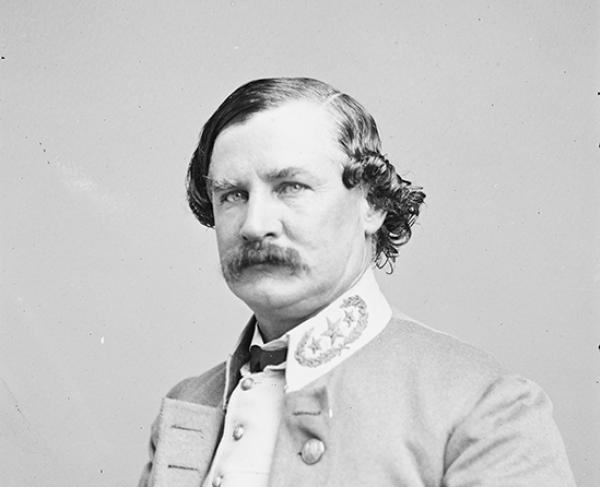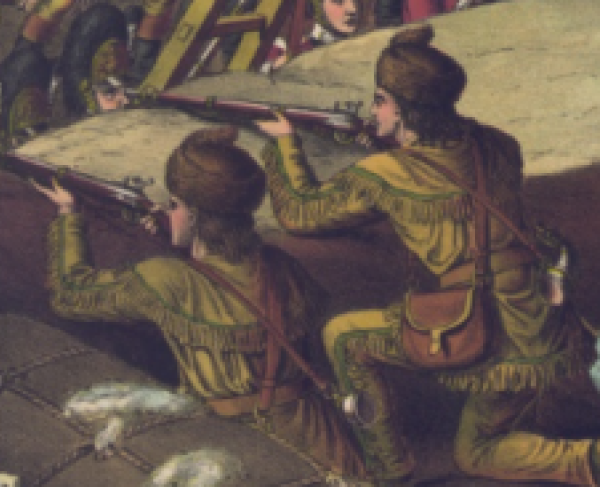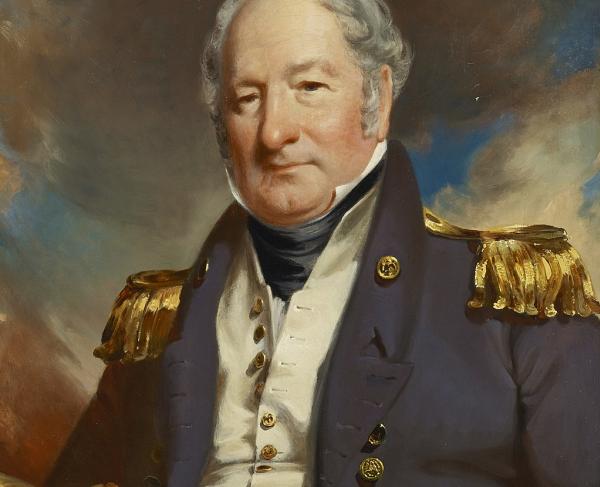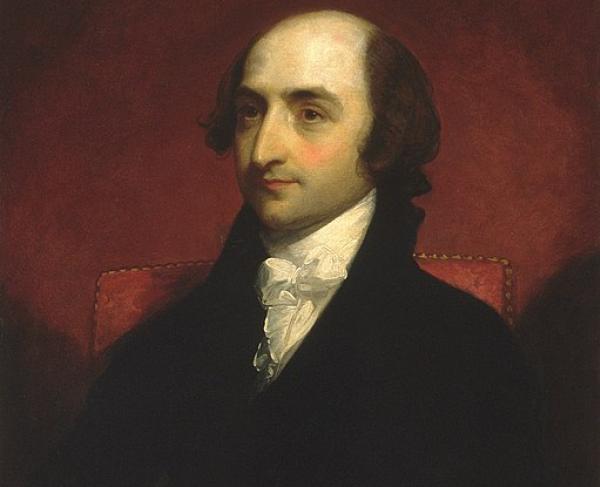Benjamin F. Cheatham

Descended from one of the state’s “first families,” Benjamin Franklin Cheatham had important political connections. In addition, his father, Leonard, served alongside Zachary Taylor in the War of 1812. It is therefore no surprise that Cheatham would not only aspire to military greatness, but would be an important commander in the Army of Tennessee.
Born in October of 1820, Cheatham took an interest in military matters as a young man. While an active farmer, he joined the Tennessee militia prior to the Mexican War. During the war with Mexico, Cheatham—now a captain—would serve with distinction as a member of the “Bloody First” Tennessee regiment at the Battle of Monterrey. After a brief rest in Nashville, Cheatham returned to Mexico, this time as the colonel of the 3rd Tennessee.
After the war he spent time providing merchandise for good-rushers in California before returning to Tennessee in 1853. There he returned to farming but also took an interest in politics. In addition to an unsuccessful bid for the mayor of Nashville, Cheatham was considered for posts in Utah, Aspinwall (present day Colon) and Panama, all of which, for one reason or another, never came to fruition. He was, however, appointed major general of the Tennessee militia.
When Tennessee seceded from the Union in June of 1861, Cheatham was given the rank of brigadier general in the newly formed Army of Tennessee and would retain the position when that organization was incorporated into the Confederate Army. Cheatham subsequently participated in nearly every major engagement in which the Army of Tennessee was involved. He was a brigade commander at Belmont, rising to the head of a division in time for the Battle of Shiloh and leading it during the invasion of Kentucky. Cheatam sparked controversy at the end of 1862, when he appeared to be inebriated during the Battle of Stones River. These rumors faded, however, as he and his men performed admirably in the Tullahoma campaign and the subsequent Battle of Chickamauga. Nevertheless, tensions with army commander Braxton Bragg would cause Cheatam to leave the service briefly, returning to the field in time to witness the Army’s defeat at Missionary Ridge.
In the fall of 1864 Cheatam was given command of William J. Hardee’s corps, which he led during John Bell Hood’s advance into middle Tennessee. During the pursuit, Cheatham skirmished with the enemy’s rearguard at Spring Hill, but failed to cut the Federal line of retreat. Waking the next morning to find that Union troops passed Cheatham’s camps during the night, Hood held Cheatham personally responsible for the Yankees’ escape. Though responsibility for the ‘affair at Spring Hill” has long been the subject of debate by historians, Cheatham’s reputation would be forever marred by the incident and the two generals would feud over it to their deaths.
Following the disaster at Franklin and Hood’s subsequent defeat at Nashville, Cheatham would finish the war as a division commander under Joseph E. Johnston in North Carolina.
After the war, Cheatham returned to Tennessee and in 1872 made another unsuccessful run for public office, this as United States congressman. Two years later he accepted a post as superintendent of prisons and in 1885 was named postmaster of Nashville. He died the following September at the age of 65. Benjamin F. Cheatham is buried in Mount Olivet Cemetery in Nashville.


